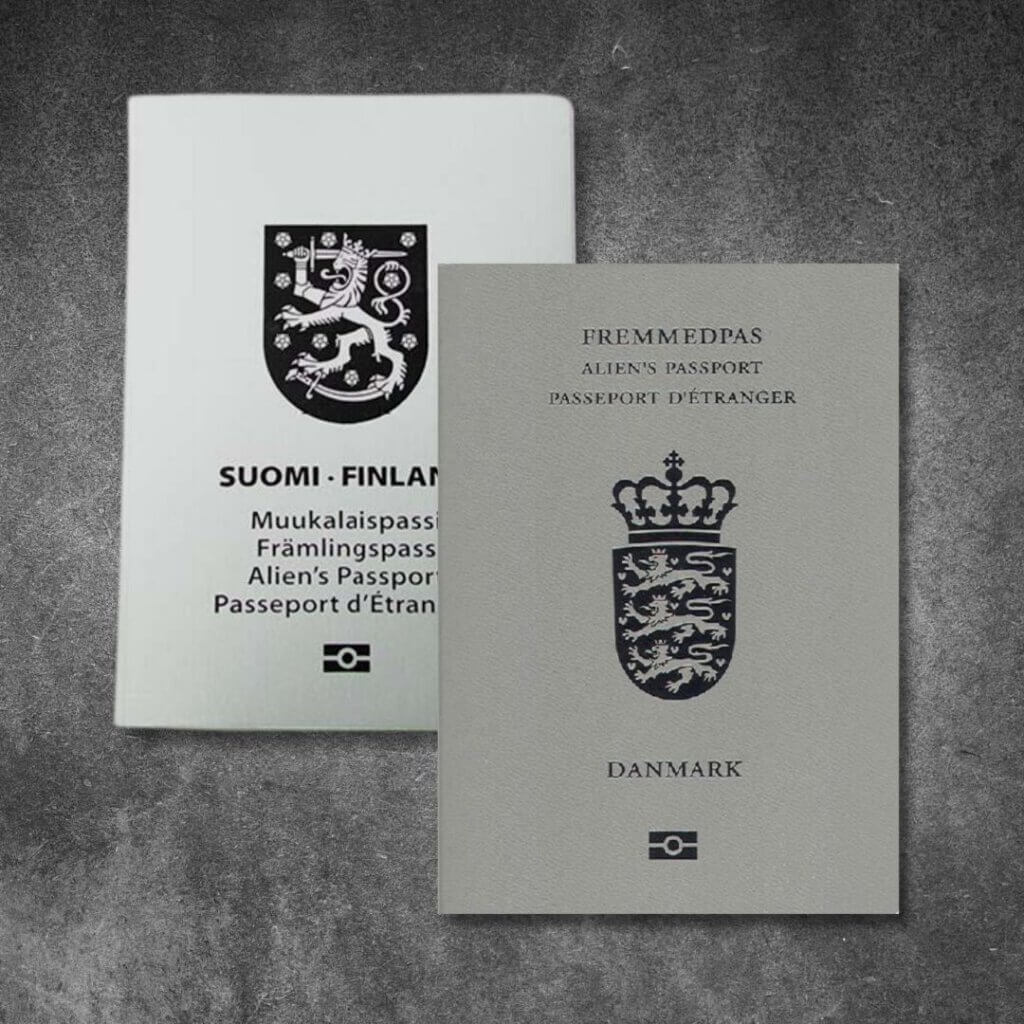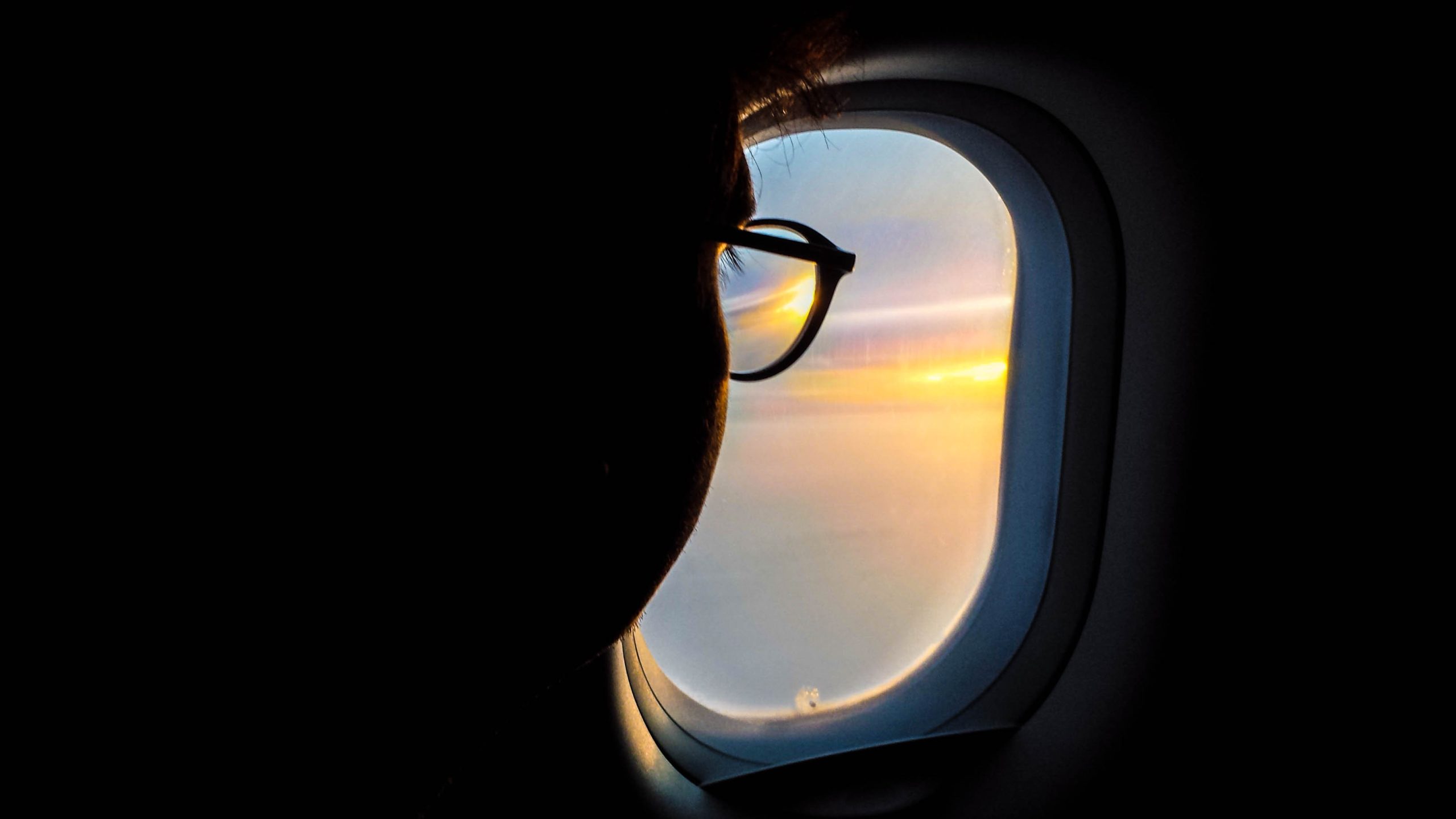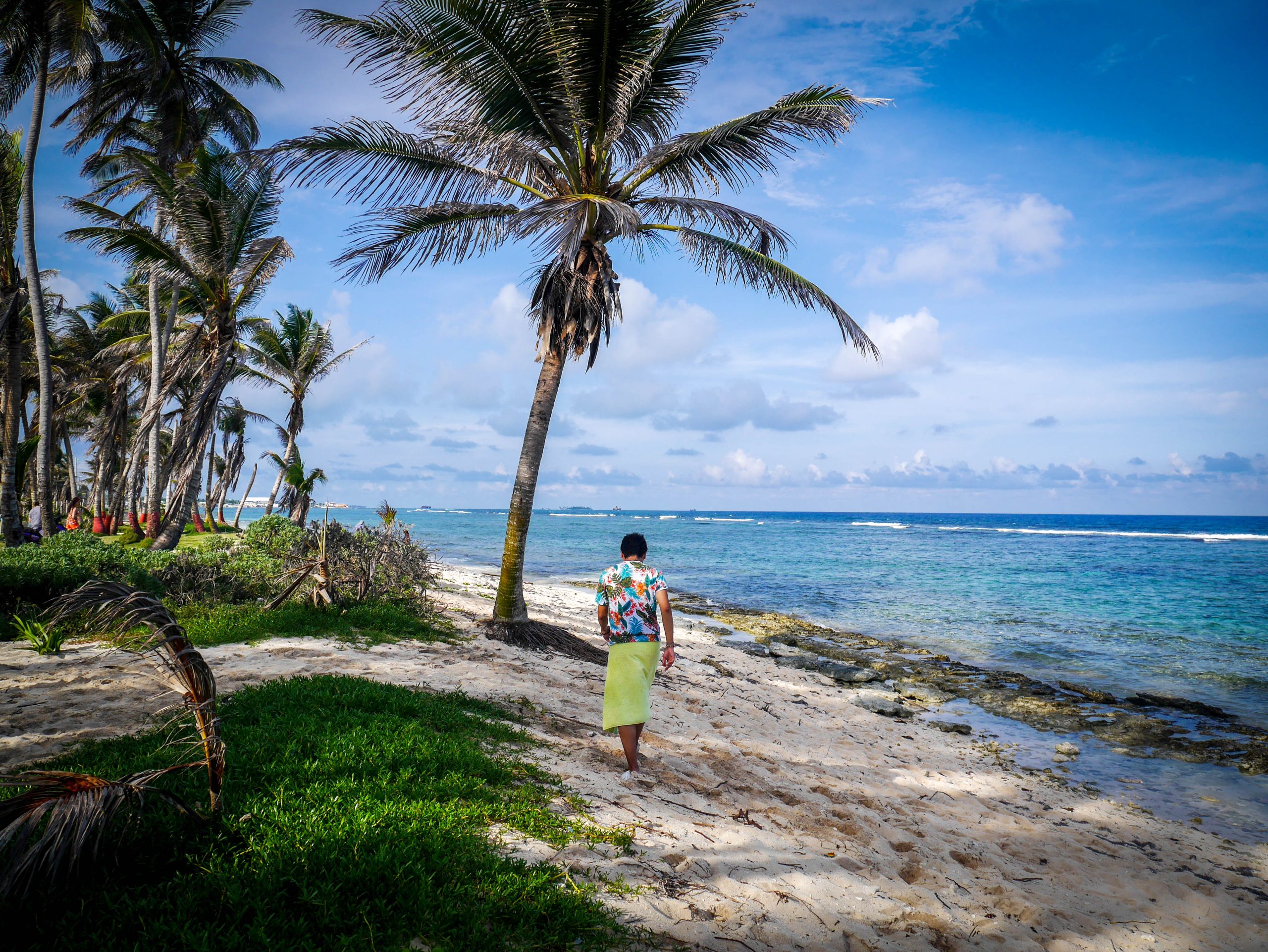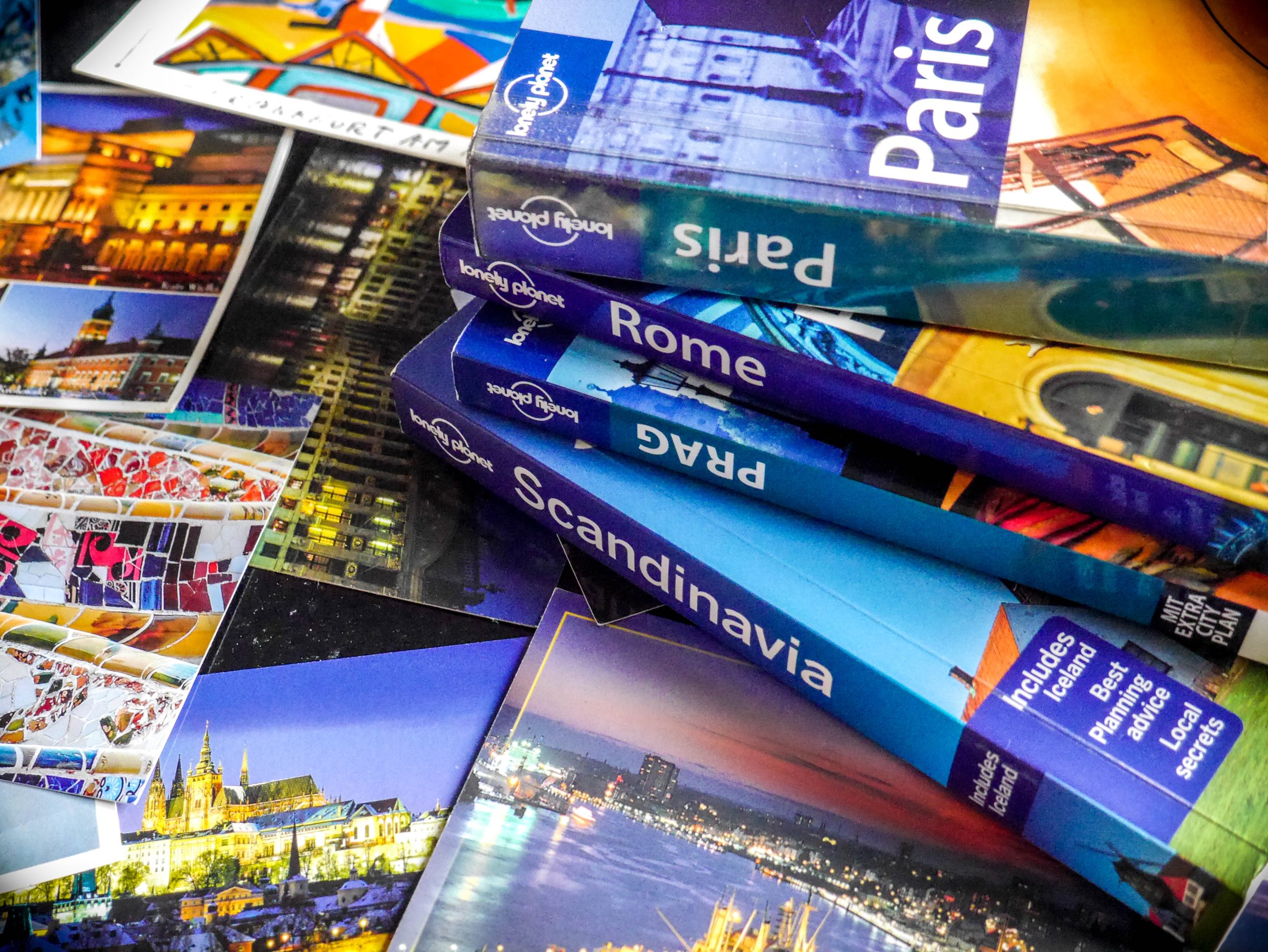From alien to Interpol passports, these are the real passports you don’t see every day and are issued by entities or countries worldwide.
Around 50% of the western world holds a valid passport right now. It is the most essential document for a traveller, and it has in its pages many memories of the places you visited in the past. However, this article is about something other than the regular passport holder or a ranking telling you which is the most powerful. I don’t want to repeat over and over again how Japan or Germany have the most desired passports in the world or how difficult it is for Nigeriens or Afghanis to travel. I want to talk about uncommon and weird passports you never heard of before.
What happens to political refugees, does the British Royalty have a regular passport, and how do stateless people travel around the world are some questions I would like to answer in this article.
Passports from countries with limited recognition
Even though well-known countries like Israel or North Korea are not fully recognized by all nations (Syria does not recognize Israel as a country, and Korea does not recognize North Korea), there are other countries whose passports are recognized only by a handful of states or not at all.
This is the story of the country of Somaliland, an unrecognized state north of Somalia that has been entirely independent of Somalia since 1991. Somalilanders have their own passport, currency, bank system, and structure. Unfortunately, this country is not recognized by any other government in the world, and its passport is not accepted anywhere outside Somaliland.
Read more: Inside Somaliland – Africa’s most complex country
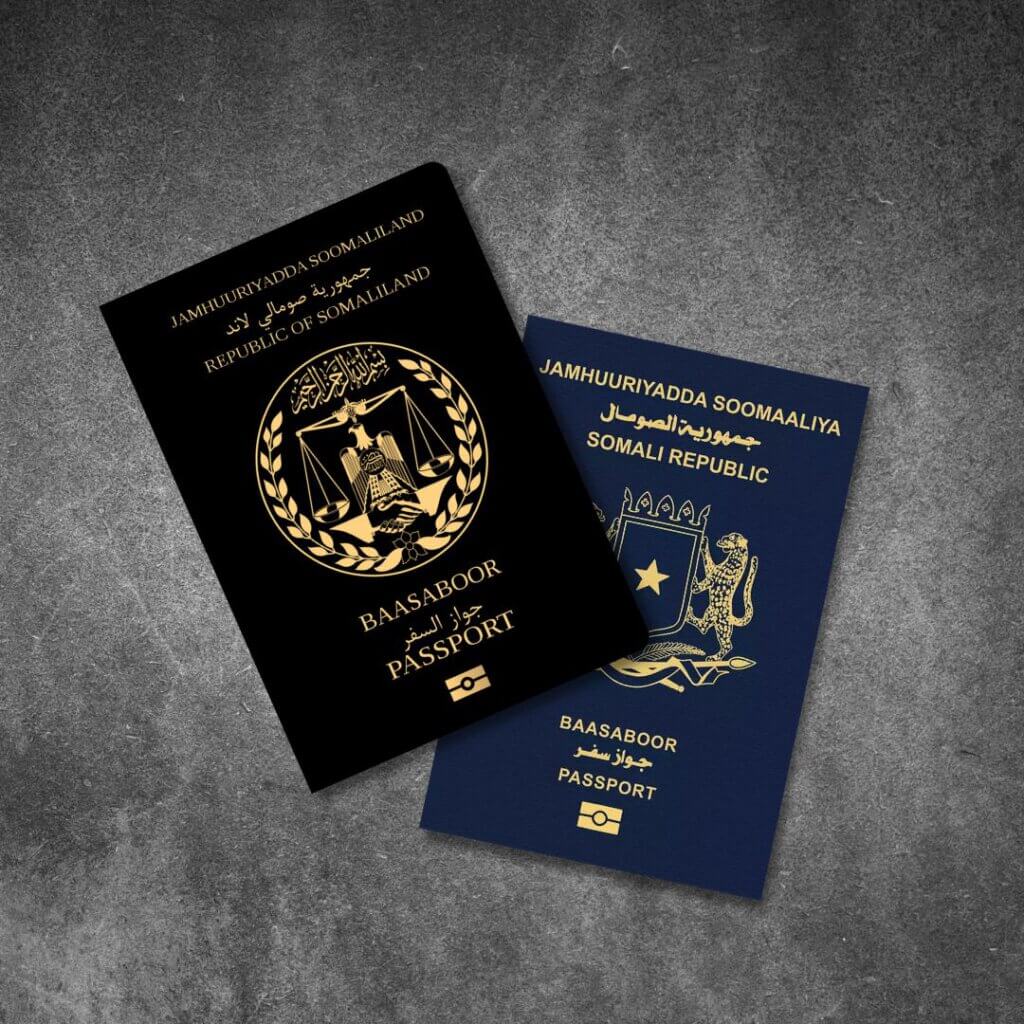
Other unrecognized states with minimal passport validity are the Transnistrian passport, South Ossetian, and Abkhazian – the last one only recognized by other unrecognized states, as well as Russia, Venezuela, Nauru, Nicaragua, and Syria.
A more interesting case is the passports from the Principality of Sealand or the Principality of New Utopia. These are two micronations not recognized in any way by any other country but issue passports to certain citizens and donors. Unfortunately, these micronations are considered more as “joke” countries, and there are no plans to become recognized by any other government worldwide.
NOTE: You can even buy a royal title or an identity card of the Principality of Sealand for less than 50 EUR. Selling these titles is a way to fund their projects and keep the country alive.
Read more: What is a Stopover Paid by Carrier?
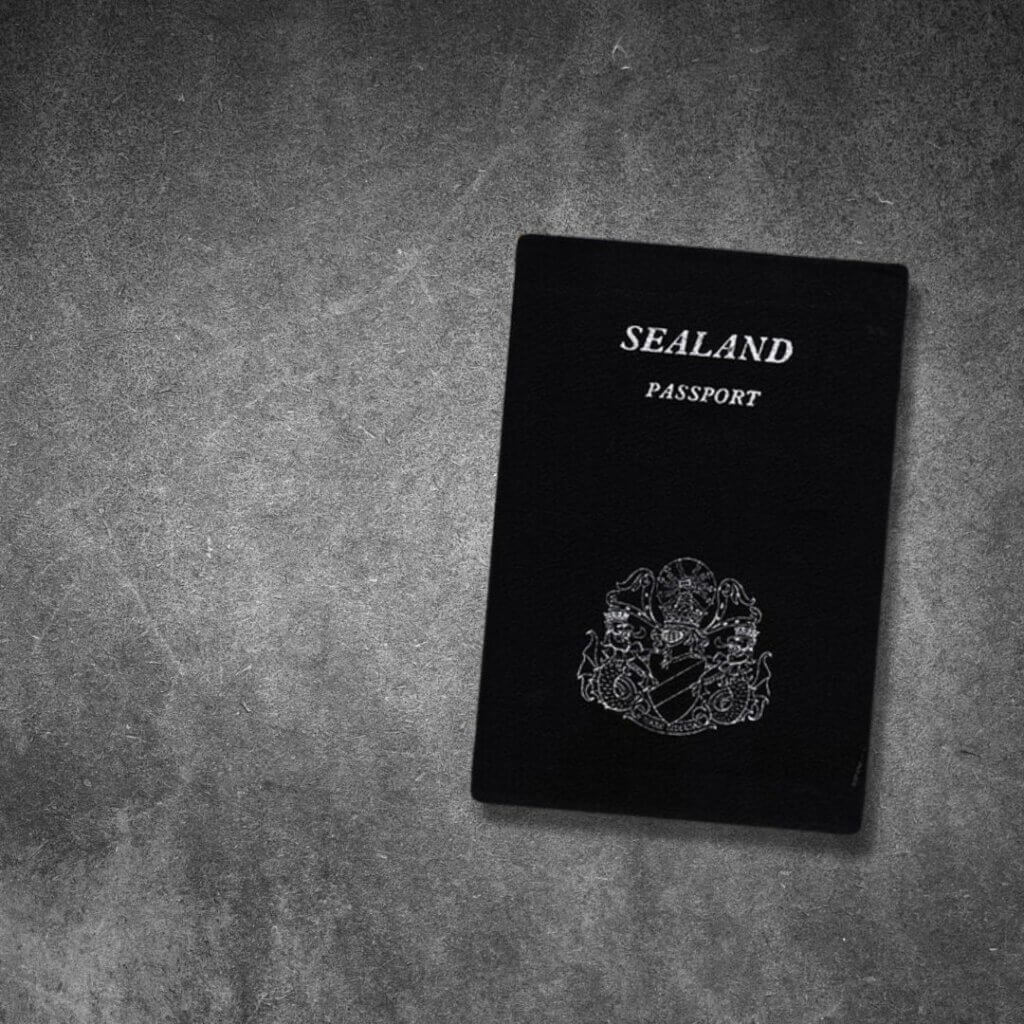
Royal passports
Even though the Queen never had a passport during her reign and King Charles III won’t use a passport anymore, any other member of the royal family, as well as the most important British Diplomats, need a passport to travel abroad.
However, not all diplomats use the same kind of document. Messengers carrying secret and essential documents on behalf of the British government to British embassies, high commissions, and consulates around the world use a different passport, the King’s Messenger Passport.
This is one of the most unique documents a British citizen can get, and according to official information, most of the King’s Messengers are retired Army. They travel in plain clothes in business class on scheduled airlines with their consignment.
Read more: The Ultimate Guide to ETIAS: Europe’s new entry system
Read more: Everything you need to know about the UK ETA
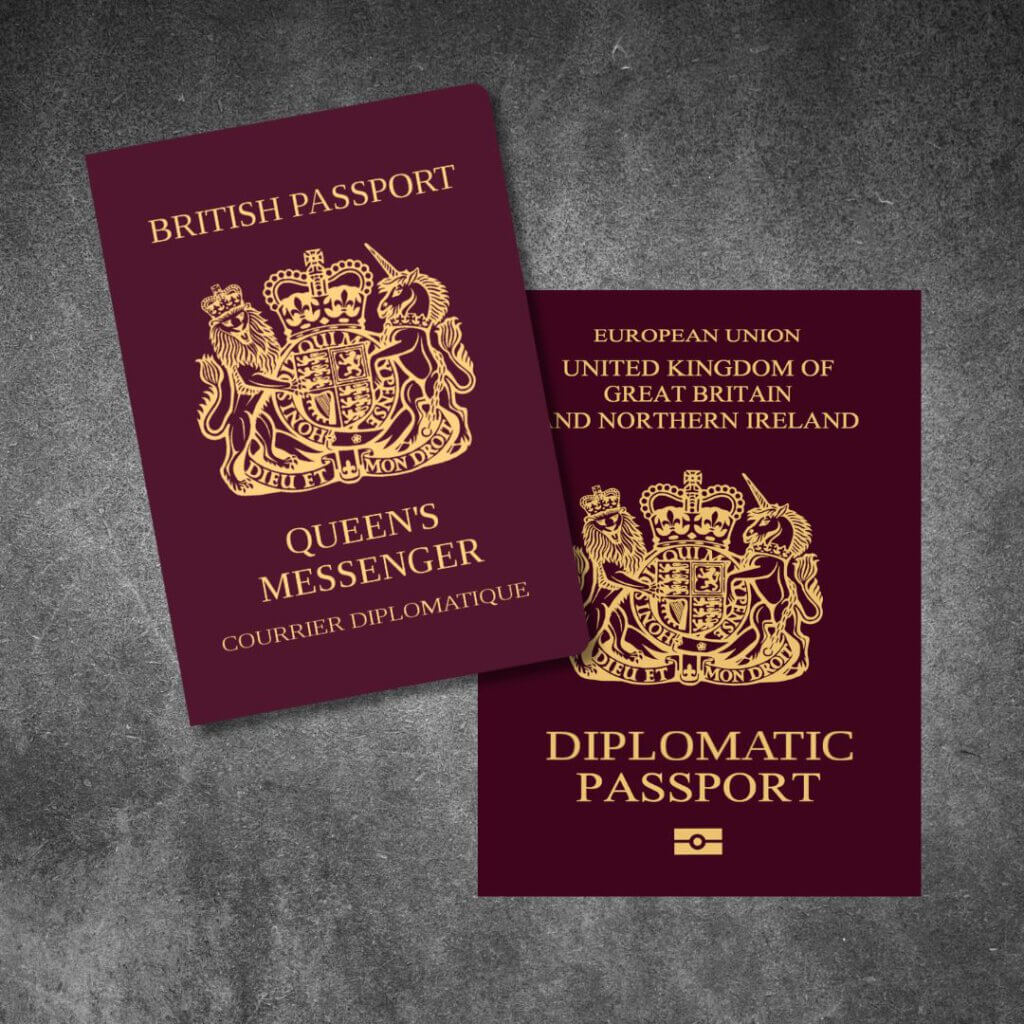
What passport does Prince William carry?
Prince William and Prince Harry have diplomatic British Passports. Since they are not messengers for the King but part of the Royal family, a King’s Messenger Passport is unnecessary.
Still, the King’s Messenger Passport is not the least issued passport in the world. The Order of Malta, a Catholic religious order without official territory but solid diplomatic relationships with 112 countries, has the rarest and most uncommon passport on earth, the Sovereign Military Order of Malta (SMOM) Passport.
With over 100.000 volunteers and 50.000 employees, the Order of Malta issued only 500 passports at the Österreichische Staatsdruckerei in Vienna, Austria. They are entirely unrelated to the country of Malta, and their members are located anywhere in the world.
To get hold of this passport, you will have to be a high-ranking member of the Order of Malta, which can take decades of your life.
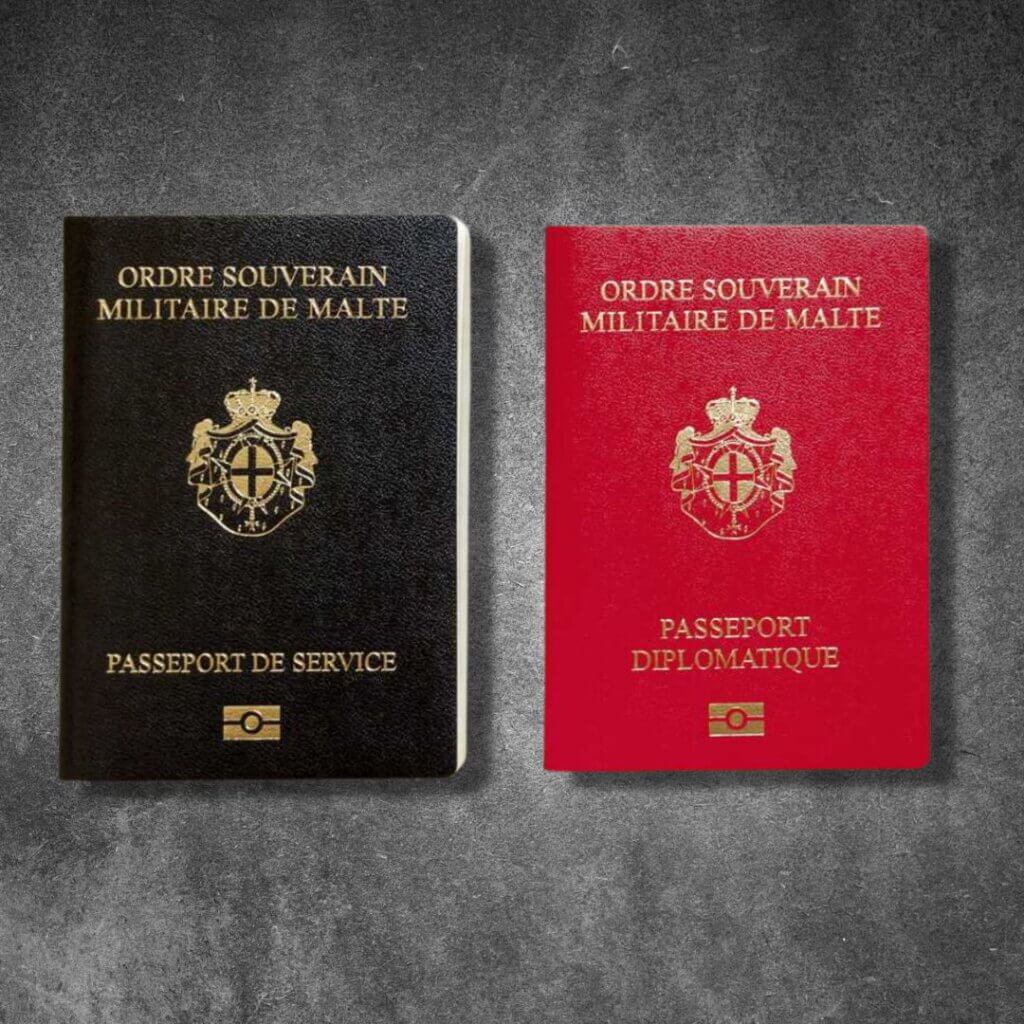
UN Laissez-passer
In 1946 the United Nations issued its own travel document to facilitate the bureaucracy in certain regions around the world. This is the UN Laissez-passer, issued in blue (for officials with levels up to D-1) and red (for higher-ranking officials with levels D-2 and above). Click here to get an idea of the different career levels the United Nations has.
Unlike the passports issued by countries with limited recognition and those issued for some kind of royal and diplomatic issues, more than the ‘laissez-passer ‘is needed to travel around. This passport is considered more like an additional proof of identity and should be carried with the holder’s original national passport.
This document is issued to only some UN staff members after acquiring a higher ranking within the organization. Whether you hold a blue or a red UN Laissez-passer, you have the same rights as a regular citizen of your country or as a diplomat.
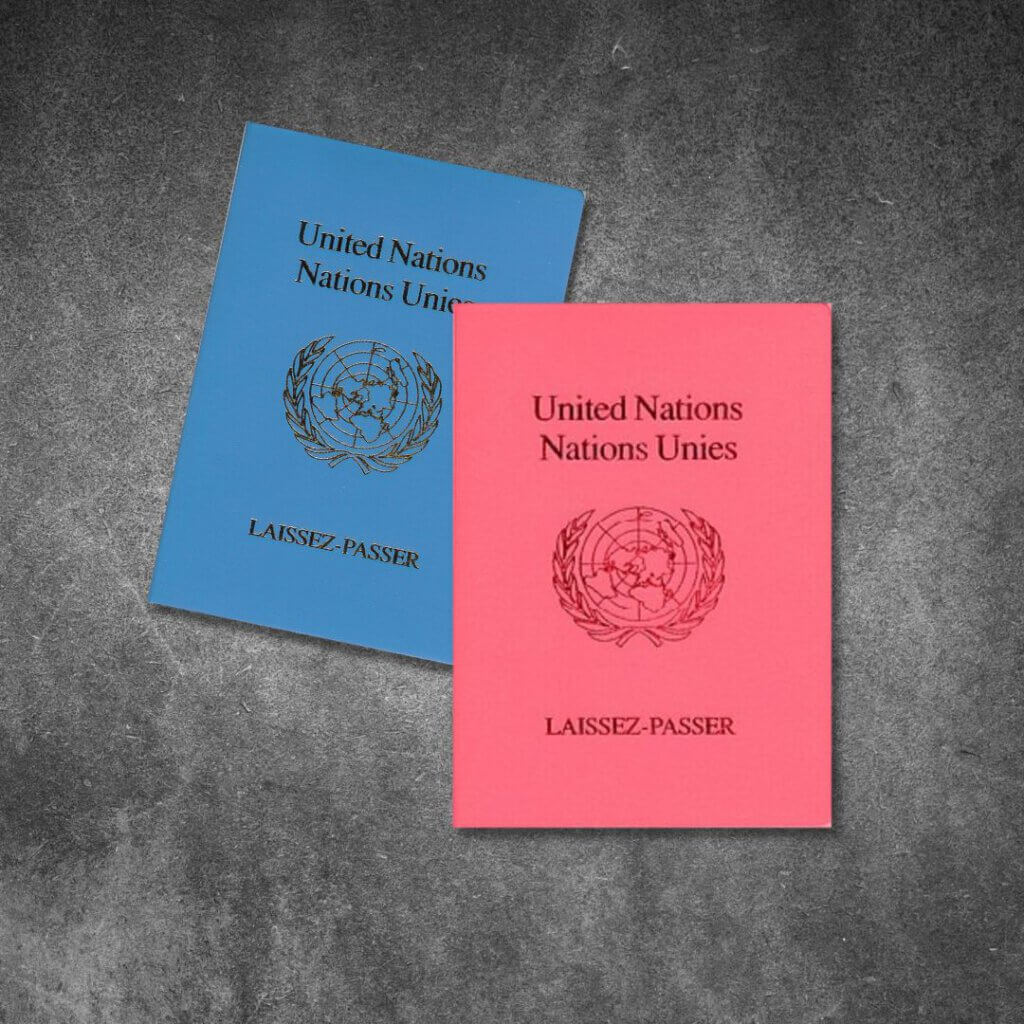
Interpol Travel Document
First issued in 2010 and approved by all 192 Interpol members, the Interpol travel document consists of an e-Passport Booklet and an e-Identification Card. This document allows Interpol officers to easily travel around countries and avoid bureaucratic processes that might slow down an investigation.
Each country decides independently if the Interpol officer needs to show as well its national passport or not. Today, the Interpol travel document provides visa-free access to 103 countries worldwide. It might not be as powerful as a German or a US passport, but it can facilitate entry to places like Somalia, Afghanistan or Algeria.
The only way to get an Interpol Travel Document is by being an officer of Interpol and constantly needing to travel abroad because of duty.
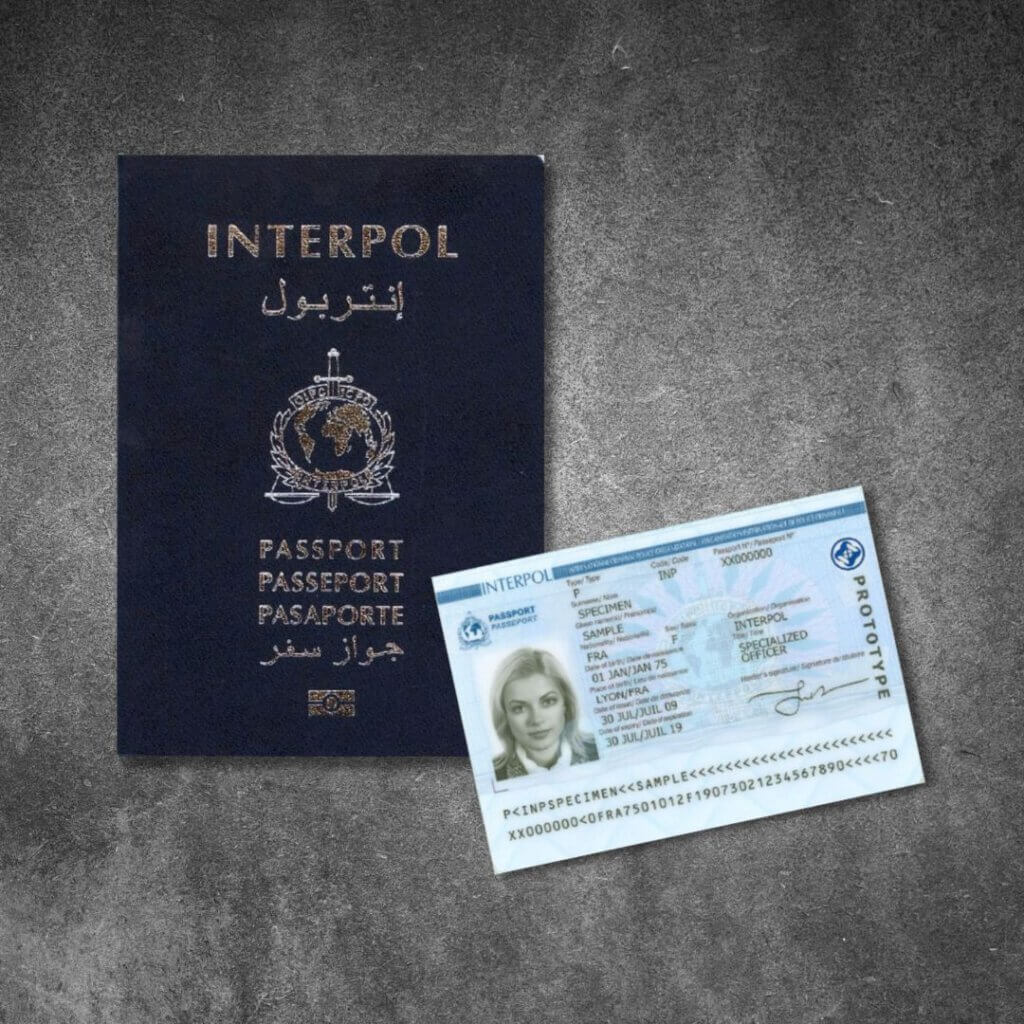
Refugee Passport
While refugees abroad do not lose their nationality by leaving their home country, many refugees from difficult conflict zones like Syria or Yemen cannot obtain passports afterwards.
These citizens can get an official refugee passport, allowing them to travel to more than 100 countries that signed the Geneva Refugee Convention. You can see the list here. Keep in mind, the refugee passport does not grant visa-free access but a document that allows you to apply for a visa and travel to a country.
The refugee passport can be applied for at the residence country after your refugee application is approved, and all 145 countries which are part of the 1951 Convention are obliged to issue this document if the refugee desires.
The refugee passport is also known as the “Blue Passport”; depending on which country you applied to, specific additional regulations apply. For example, holders of a German refugee passport can’t visit their home country, and once they do, they automatically lose their refugee status and blue passport.
Note: The refugee passport is also very easy to recognize due to the 2 lines printed at the upper left side of the cover.
Read more: 6 Countries With Favorable Parallel (Black) Market Exchange Rates
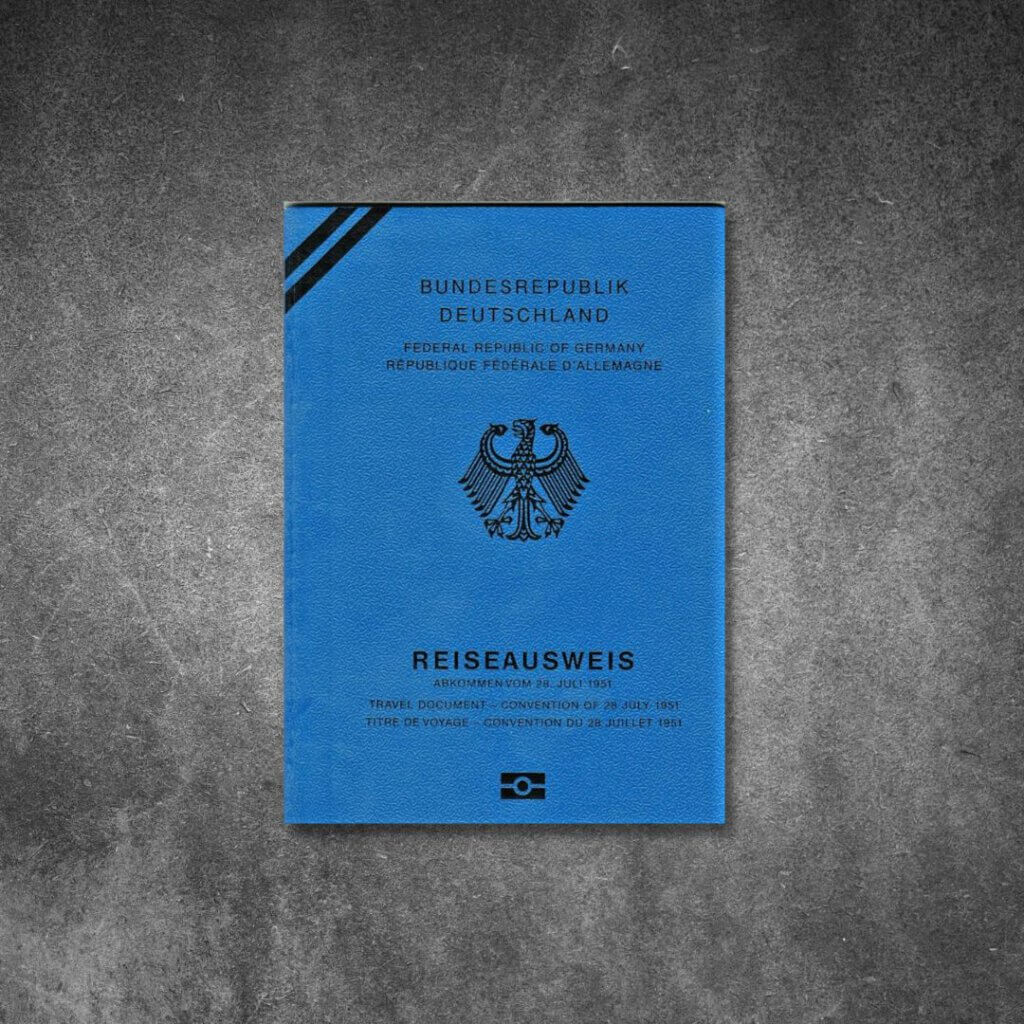
Alien Passport
But what happens to those citizens who willingly give up their nationality for ideological or political reasons?
An alien passport, also known as a “White Passport”, is a document given by the country of residence that certifies a person is considered stateless and can’t get a passport in their birthplace. This document provides the holder with the right to apply for a visa and travel to 89 countries that signed the 1954 Convention Relating to the Status of Stateless Persons.
Just like with the refugee passport, this document does not grant visa-free access, and in many cases, the document holder can’t return to their home country.
Famous stateless people throughout history have been Prussian philosopher Karl Marx, Albert Einstein (who was stateless for five years), and Anne Frank. Today, according to the United Nations High Commissioner for Refugees, there are 12 million people who are considered stateless.
Fun Fact: Colombians (among other nationalities) applying for German citizenship must renounce their home nationality and become stateless until the German nationalization application is completed.
Read more: How many blank pages do you need in your passport to travel
